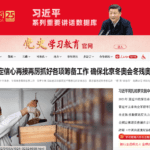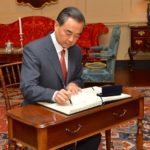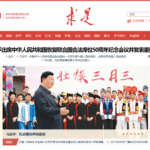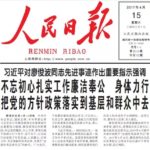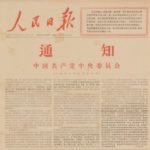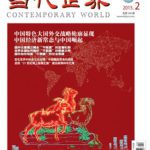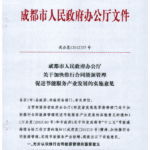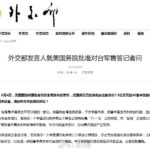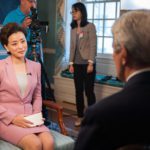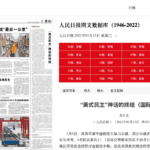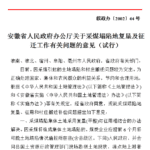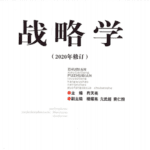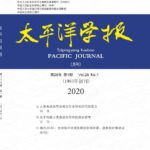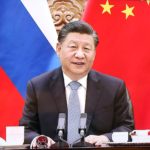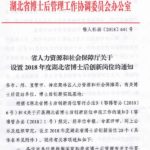Library
| Title | Published | Uploaded | Source | Author | Media Type | Category | Tags | Related Analysis |
|---|
|
Analysis of Uncertainties Affecting the Russia-Ukraine Conflict
影响俄乌冲突走向的不确定因素分析
This piece from two Russia scholars at the Chinese Academy of Social Sciences (CASS) is a part of the 2024 version of an annual volume on international politics published by the Institute of World Economics and Politics at CASS. The authors explore factors influencing the dynamics and future of the war in Ukraine two years in. They argue that political factors (such as 2024 elections in the United States and Europe, and Putin’s growing preoccupation with regime security) will shape the intensity of the war, while economic factors will influence its duration. |
Ouyang Xiangying 欧阳向英, Zhang Yuxin 张誉馨 | |||||||
|
Second Anniversary of the Russia-Ukraine Conflict: Effects and Implications
俄乌冲突两周年:影响与启示
This report, written by a group of scholars at the Renmin University Chongyang Institute for Financial Studies led by Wang Wen, the institute’s president, takes stock of Russia’s war in Ukraine at its second anniversary. The chapters delve into geopolitical, economic, financial, and military dimensions of the war, and draw conclusions for China. They recommend Beijing strengthen technology self-reliance, enhance the security of its energy supplies, improve its diplomatic narratives, and take a more active role in global economic standards-setting. |
||||||||
|
The U.S. Deterrence Strategy and the Russia-Ukraine Conflict
美国威慑战略与俄乌冲突
How is Beijing assessing the effectiveness of U.S. deterrence approaches vis-a-vis Taiwan? Writing in one of China’s leading IR journals, Renmin University’s Zuo Xiying argues that while the U.S. “failed to deter Russia from taking military action,” its actions since the invasion to support Ukraine and punish Moscow have “produced a powerful deterrent effect against China with regard to the Taiwan issue.” |
Zuo Xiying 左希迎 | |||||||
|
Global Food Security in the Context of the Russia-Ukraine Conflict and China’s Food Security Policy Options in the New Era
俄乌冲突下全球粮食安全与新时期中国粮食安全政策选择
Experts from China Agricultural University argue the war in Ukraine will have long-term impacts on food supply chains and the global economy, causing many states to improve agricultural self-sufficiency, hoard supplies, and restrict exports. In this environment, the scholars suggest Beijing reduce its vulnerability to Western sanctions and enhance its influence over international food supply chains by encouraging Chinese agricultural conglomerates to develop a larger international presence and by better regulating and supporting agricultural production and innovation at home. |
Li Chunding 李春顶, Li Donglin 李董林, Li Juan 李娟 | |||||||
|
U.S. and Western Intelligence Assurance Practices in the Russia-Ukraine Conflict and Their Lessons
美西方在俄乌冲突中的情报保障实践及其启示
Zhang Gaoyuan, a security scholar at Peking University, draws lessons for China amid what she terms the digital transformation of intelligence gathering. Zhang argues dual-use technology such as drones and Starlink satellites, open-source social media information, and efforts by non-combatants have been pivotal in guaranteeing Ukraine a steady flow of battlefield intelligence. As a prognosis for China, she promotes greater research into the opportunities and risks digital technologies present for intelligence acquisition and security. |
Zhang Gaoyuan 张高原 | |||||||
|
After the U.S. Election, Parties Involved in the Russia-Ukraine Conflict May Take Steps to Discuss Ceasefire Plans
美国大选后,俄乌冲突各方可能会逐步讨论停火方案
In this transcript of a keynote speech given by Ding Xiaoxing, the director of the Institute of Eurasian Studies at China Institutes of Contemporary International Relations (CICIR), he outlines the major trends and features of the war in Ukraine two years on. He highlights the emergence of commercial technology on the battlefield and the high human and financial costs of the war, and argues that continued U.S. aid to Ukraine will be a decisive variable impacting the war’s future dynamics. |
Ding Xiaoxing 丁晓星 | |||||||
|
The Impact and Implications of the Ukraine Crisis
乌克兰危机的影响及启示
This piece from the U.S. studies program at Ministry of State Security-linked think tank China Institutes for Contemporary International Relations argues that the Ukraine war heralds the end of the post-Cold War order. The article argues the United States has been the biggest beneficiary of the war so far, leveraging the crisis to strengthen its alliance network and fight a proxy war with Russia. The authors of the report warn countries in Asia to remain vigilant to what they describe as U.S. efforts to preserve and expand its hegemony in ways that might destabilize the region. |
Institute of American Studies, CICIR 中国现代国际关系研究院美国所 | |||||||
|
The “Butterfly Effect” of the Russia-Ukraine Conflict and Geopolitical Risks to China’s Food Security
俄乌冲突的"蝴蝶效应"与中国粮食 安全的地缘风险
Scholars from Renmin University argue that China is particularly vulnerable to supply shocks and rising prices for agricultural commodities triggered by the Ukraine war. A volatile and challenging geopolitical outlook, the authors suggest, represents a long-term risk for China’s food security. The authors call on Beijing to diversify sourcing of China’s food supply (including away from the United States) by encouraging greater Chinese investment in the Russian agricultural sector and pursuing trade agreements with a wider range of partners. |
Li Wei 李巍, Zhao Lan 赵岚 | |||||||
|
NATO's Eastward Expansion Triggered the Ukraine Crisis
北约东扩是引爆乌克兰危机的罪魁
This lengthy news analysis appearing in a state-owned newspaper was written two days after Russia’s invasion of Ukraine. It outlines China’s basic framing of the Ukraine crisis, suggesting that the U.S. and NATO are “us[ing] Ukraine to ‘curb’ Russia and ‘weaken’ Russia.” |
Han Xianyang 韩显阳 | |||||||
|
What Can Taiwan Learn from the Evolution of the Russia-Ukraine Situation?
台湾从俄乌局势演变中能学到什么?
The Deputy Director of Xiamen University’s Taiwan Research Center argues that while Beijing’s preference remains to “reunify” peacefully, Taiwan “separatists” and the United States are “touching the red line drawn by the mainland.” |
Tang Yonghong 唐永红 |
